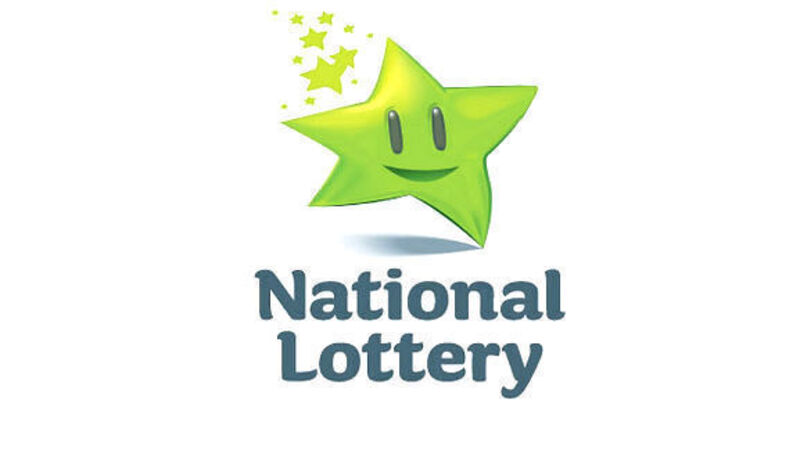Lottery sale may prove a gamble for the Government and punters

The Government has handled the process skilfully. It made the decision to start the sales process back in late 2011 and linked it to the raising of funds for the construction of the National Children’s Hospital. Who would argue with that? Few did. Few noticed that in the small print the idea was that half of the sales proceeds would be used for the construction of the hospital, not all of it.
The Government allowed a situation to develop whereby expectations for the sale price were dampened, with some unnamed “experts” telling newspaper reporters that a price of €300m was at the outer range of what could be achieved. The Government got €405m instead, so who could argue with that? Bingo! Except how much money is the contract to run the National Lottery really worth to the buyer? How do we know if this is a good price for the sale? Weren’t the initial suggestions that the company could be worth between €500m and €600m? Yes, they were. So how did we come to be suckered with stories recently that only half of that was achievable, to make us happy about a €405m deal? Even if the buyer got it “cheap” what will it have to do to ensure it gets its money back and with a sizeable profit? Camelot, the proposed new owner of Ireland’s National Lottery in conjunction with the current operator An Post, has form in this regard.













